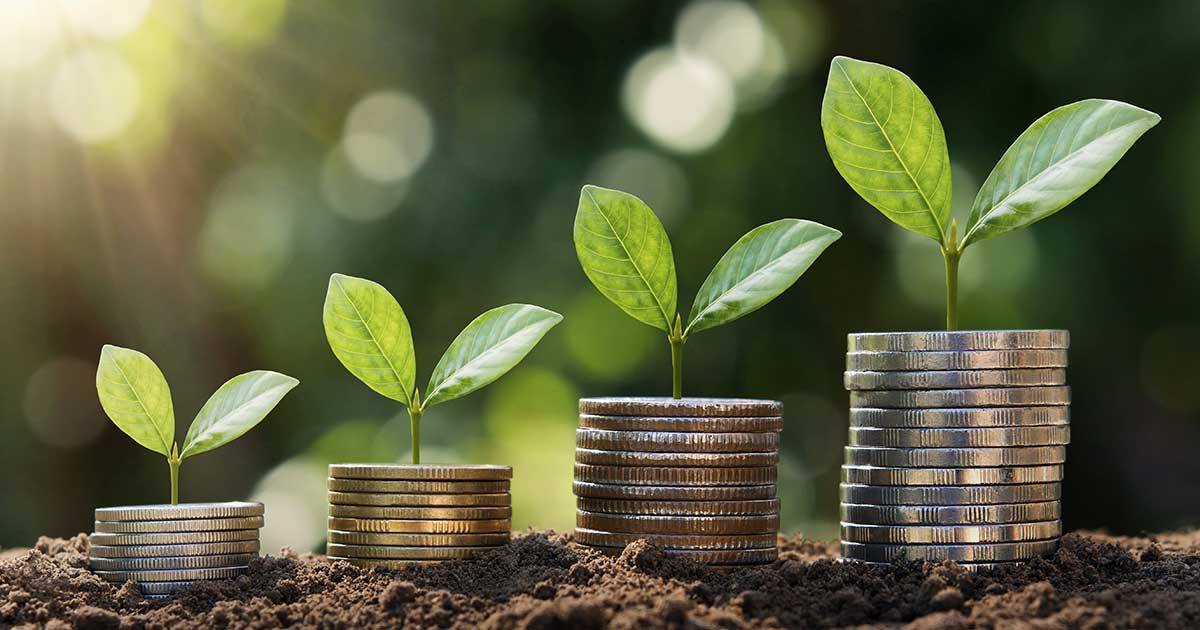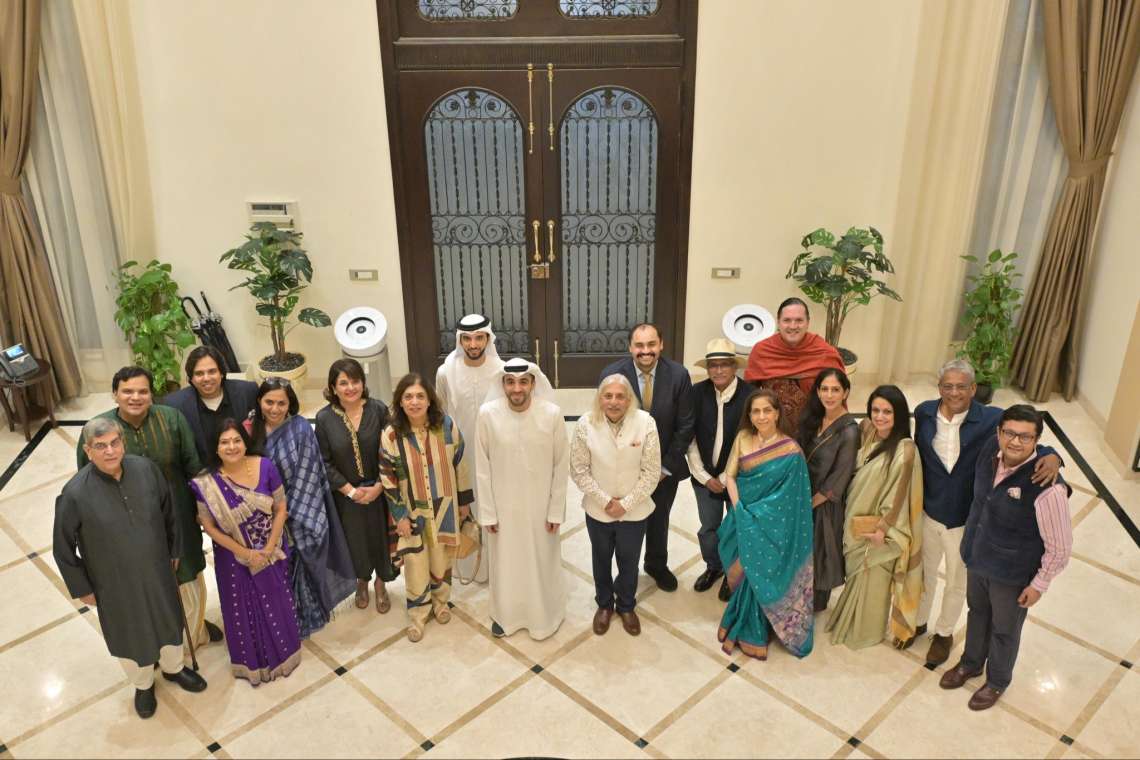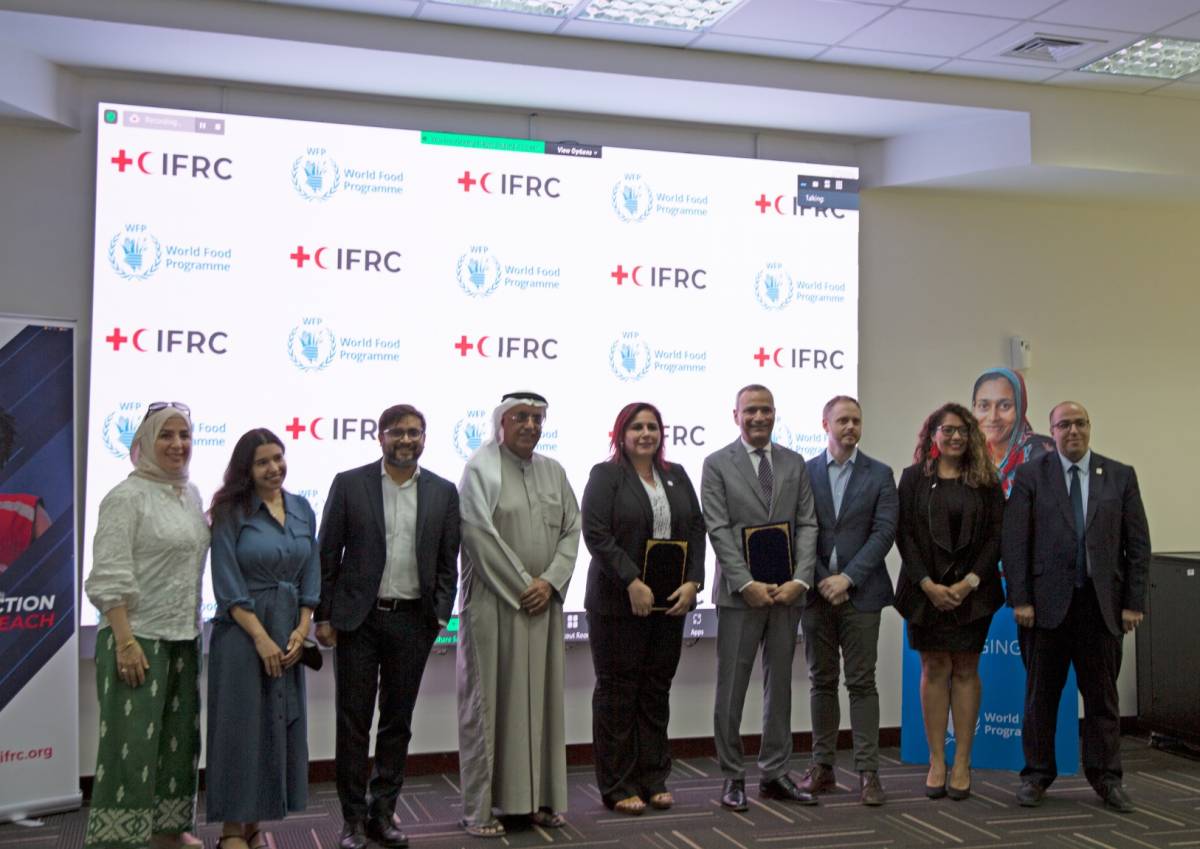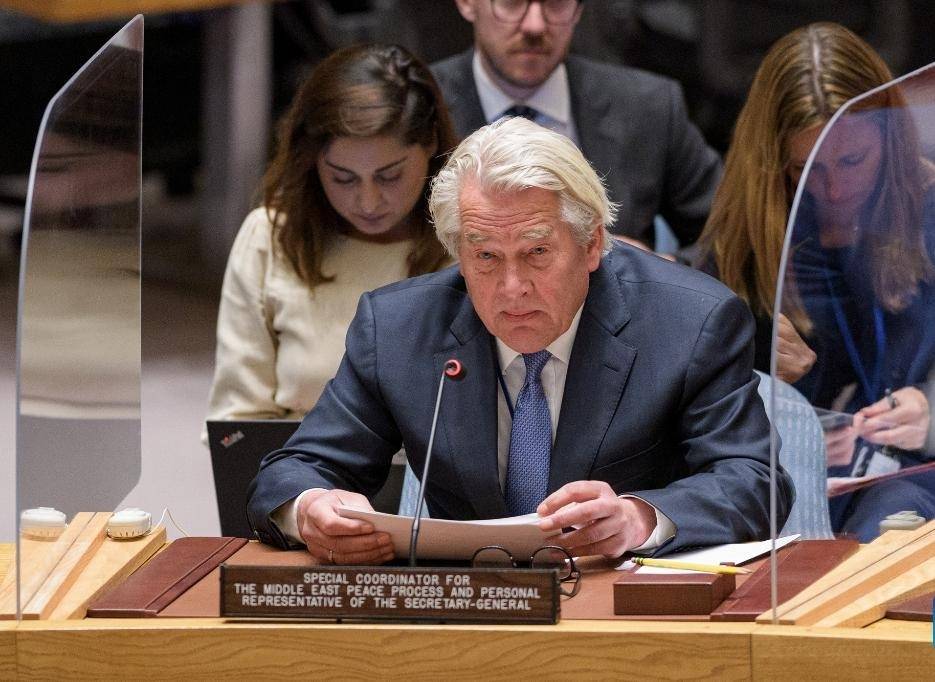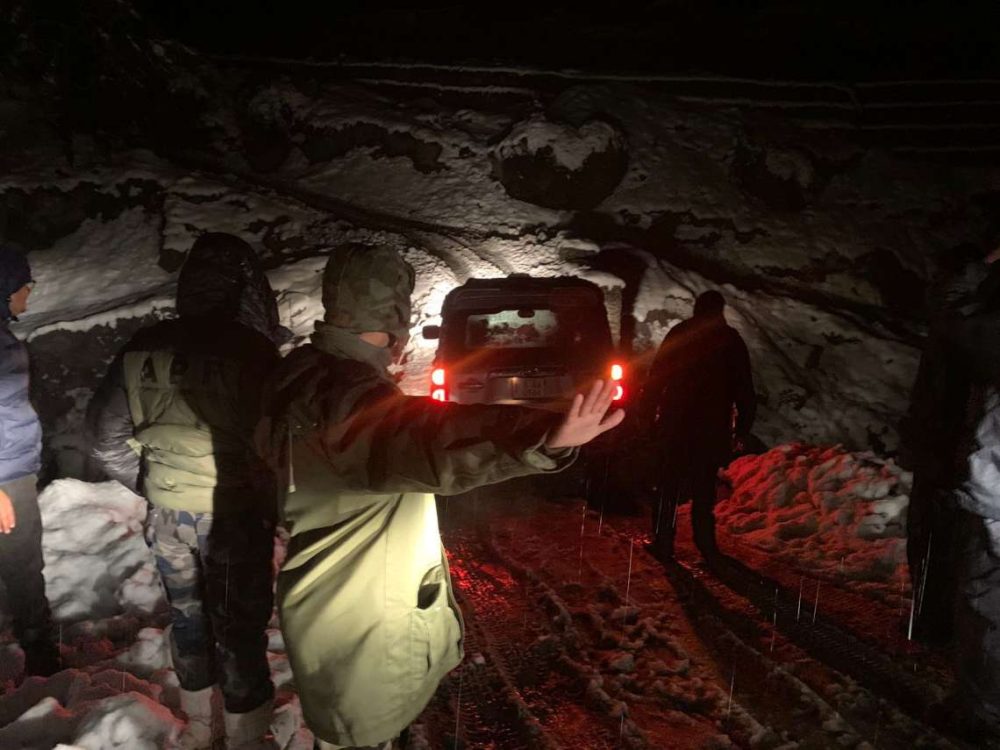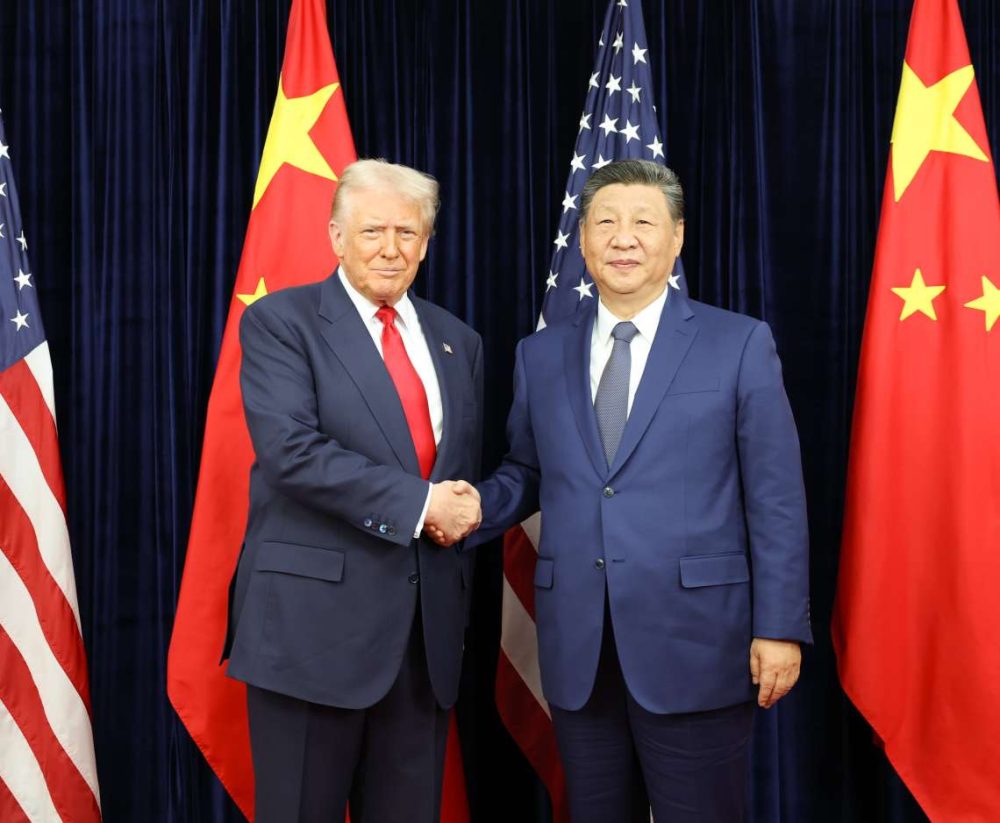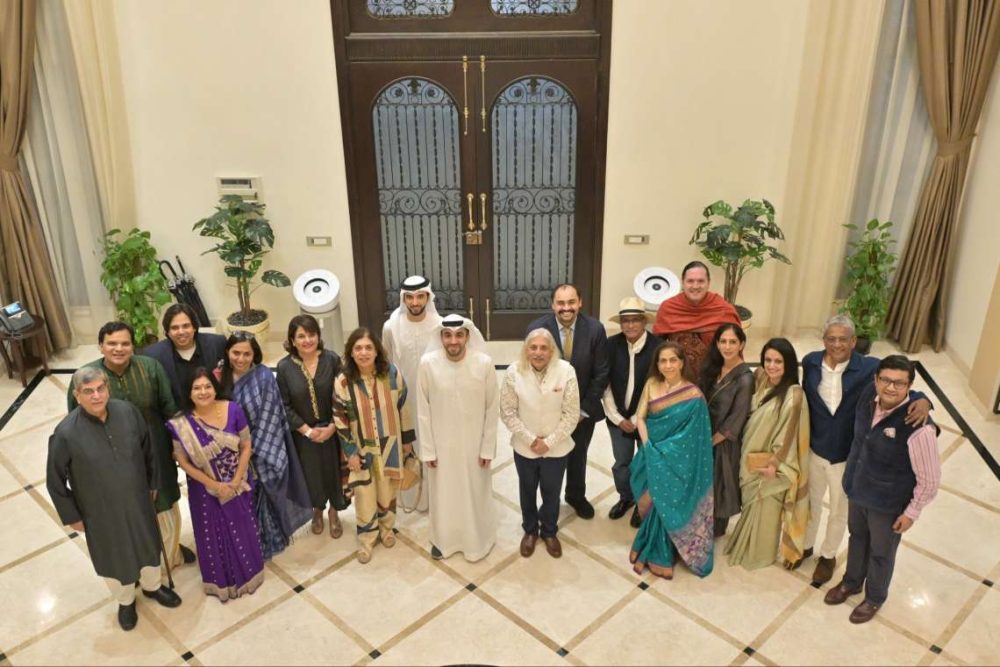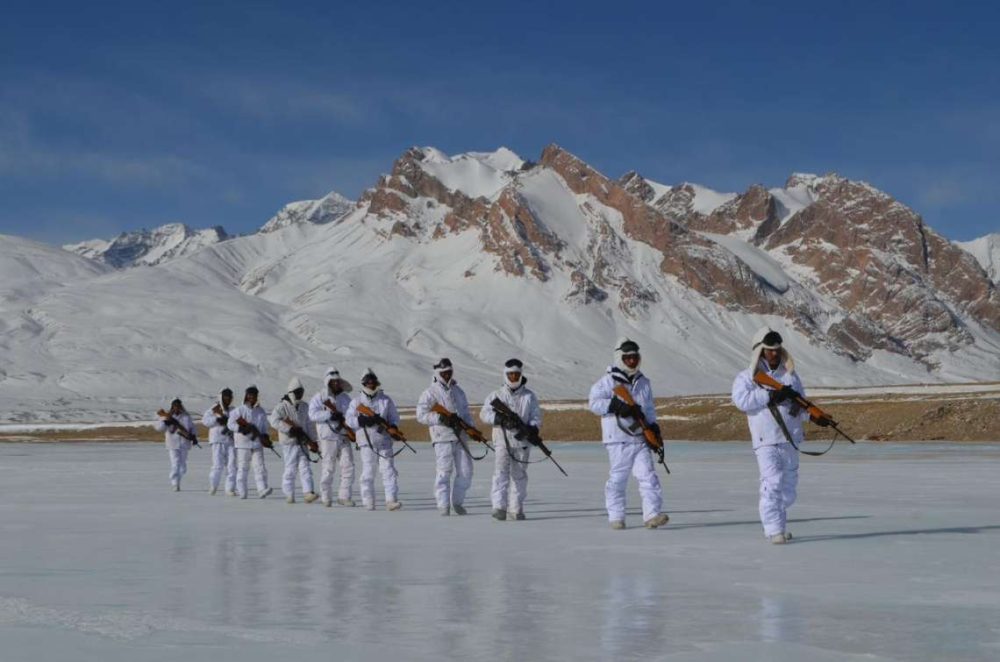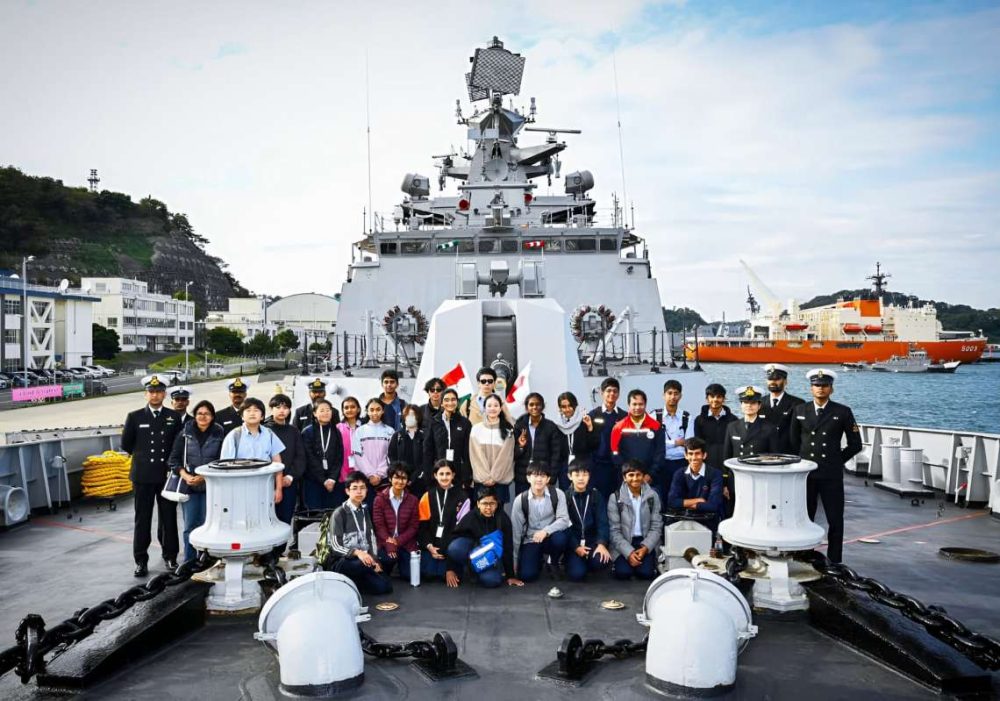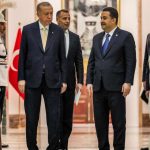The four speakers shared their experiences promoting culture as the main driver of economic growth and social progress…reports Asian Lite News
Mubarak Al Nakhi, Under-Secretary of the Ministry of Culture and Youth, participated in the fourth edition of the Global Forum on Arts, Culture, Creativity and Technology (G-FACCT) held in the city of Medellín, Colombia.
The event brought together some of the most prominent players in the creative economy from around the world.
Al Nakhi spoke at length about the UAE’s cultural and creative industries and how the nation was prioritising them as key drivers of its socio-economic growth, at a panel discussion on 22nd July, 2022, as part of the three-day conference. In the panel, he was joined by José Igancio Argote, Deputy Minister of Heritage and Regional Development from the Ministry of Culture of Colombia, and Carolina Pereira, Executive Secretary of Creative Economy of the Ministry of Arts, Cultures and Heritage of Chile. Victoria Contreras, General Director of Conecta Cultura Mexico moderated the panel.
The four speakers shared their experiences promoting culture as the main driver of economic growth and social progress. The discussion revolved around the strategies undertaken by the four governments to incentivise cultural and creative productions within their territories and their achievements and challenges.
Al Nakhi elaborated on the critical points of the UAE’s National Strategy for Cultural and Creative Industries (Creative UAE) and explained how the UAE presents a unique model in terms of culture with its strong Arab and Emirati identity and welcoming diversity. He also spoke about the incentives the country was offering to talents and creatives such as free zones and creative clusters while also providing opportunities to nurture their skills and present their creations on national and international platforms.
“Talent is at the heart of any cultural project, and it is very important to foster talent for a thriving cultural sector for sustainable growth,” he said.
“The UAE has been driving the cultural agenda forward with strategies, incentives and plans for the cultural and creative sector for years, and with the launch of a national strategy, we are able to streamline various efforts at the local and federal levels,” he added.
Commenting on the importance of international platforms to share knowledge and exchange ideas, he said, “In today’s hyperconnected world with a highly globalised economy, international commitment and cooperation are imperative to the successful implementation of any project, and culture projects are no exception.”
Al Nakhi further added that culture holds the key to many problems faced by humanity today and is a way to achieve sustainable development.
“Culture not only gives us a sense of belonging, fostering connections between people, but it also has answers to most of the issues our planet is facing today. Cultural Diplomacy is yet another area that is very relevant in today’s conflict-ridden world. When the world struggles with conflict and sustainability issues, culture has the answer to many problems.”
He explained how the UAE acknowledges the role that cultural diplomacy plays in forging international partnerships, giving the example of EXPO 2020 Dubai as the biggest celebration of culture and how it promoted friendly cultural ties with 192 participating countries of the world.
When asked whether interest in culture was here to stay or was a passing phase, Al Nakhi said, “Culture is not a new source of development, but the world is rediscovering its potential more than ever. Human-centric skills are at the heart of the fourth industrial revolution. Formalising the economy of culture is still work in progress and requires gathering data, building capacities, policy support, international cooperation, and financial and technological support. Culture supports sustainable growth, and interest in culture is here to stay.”
The 2021 edition of the G-FACCT took place virtually in Colombia with 418 national and international experts on screen and a digital reach of over 286,000 viewers worldwide. This year the conference was held with in-person participation from various countries worldwide, including the UAE, Colombia, Chile, Mexico, Peru, Ecuador, Bolivia, Argentina, Costa Rica and Jamaica.


